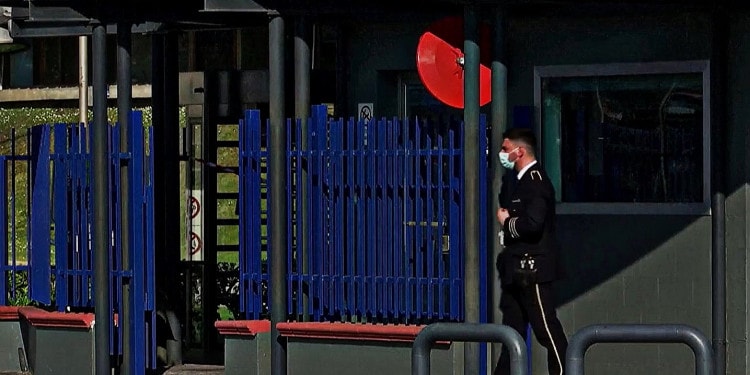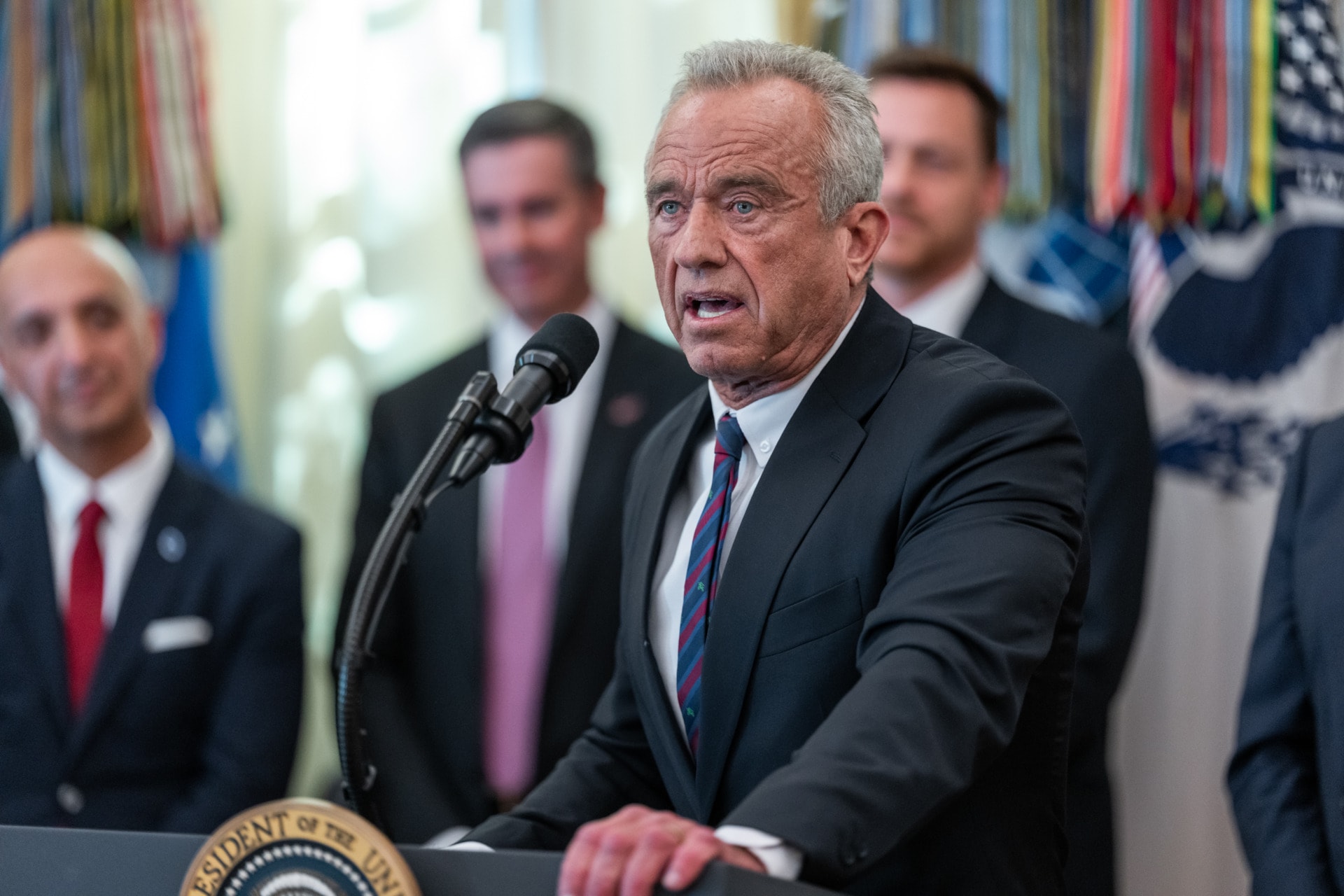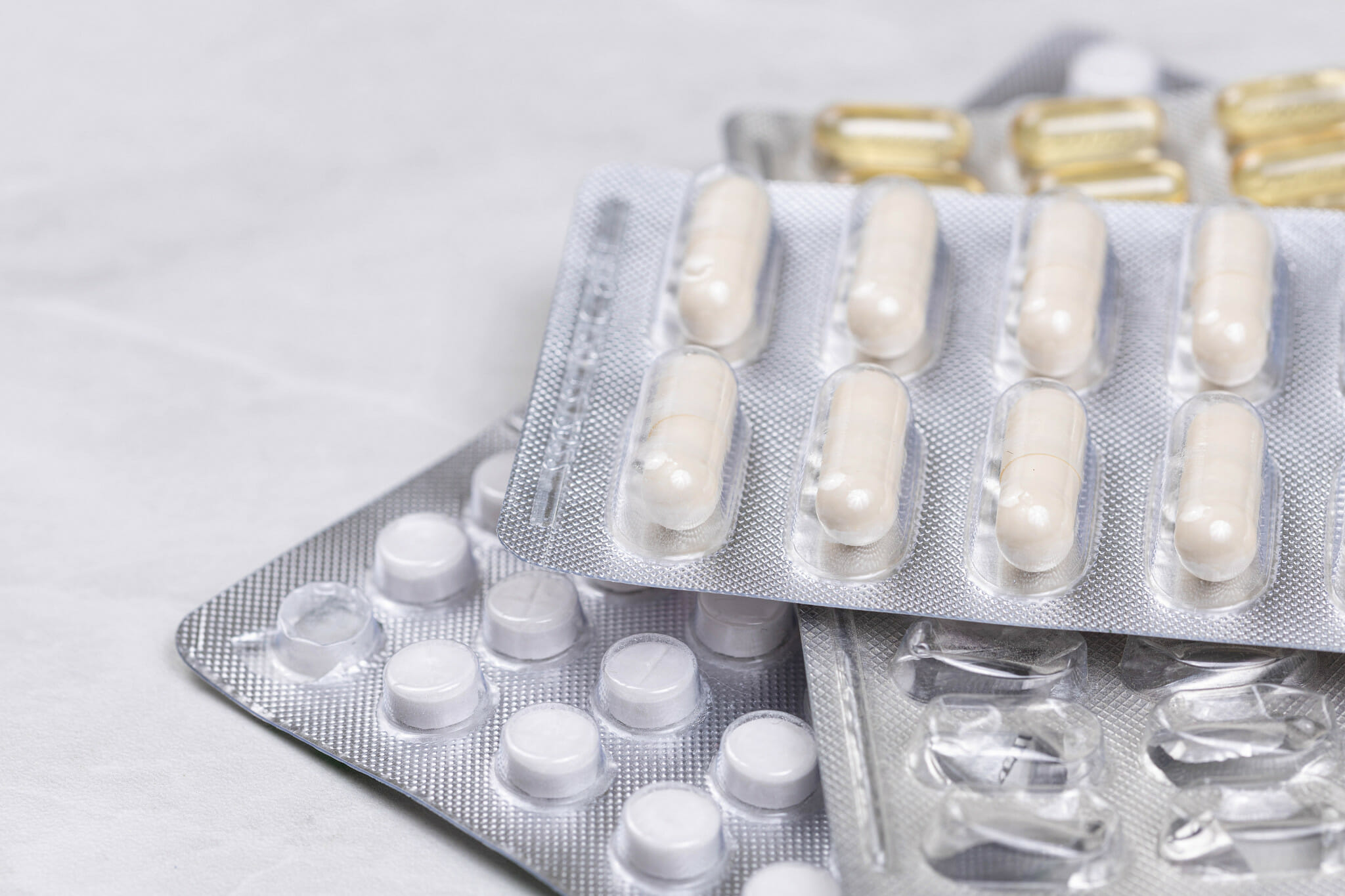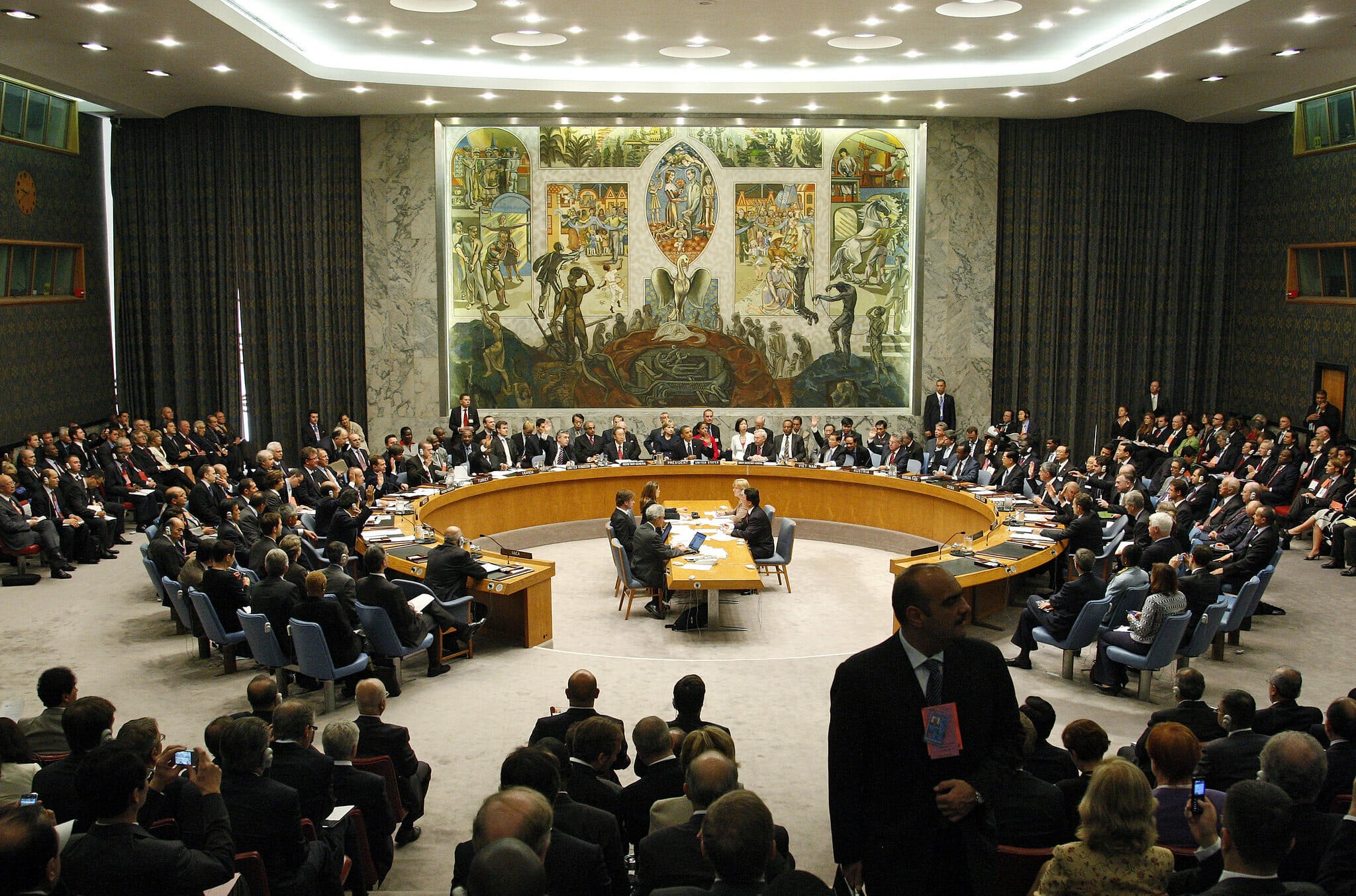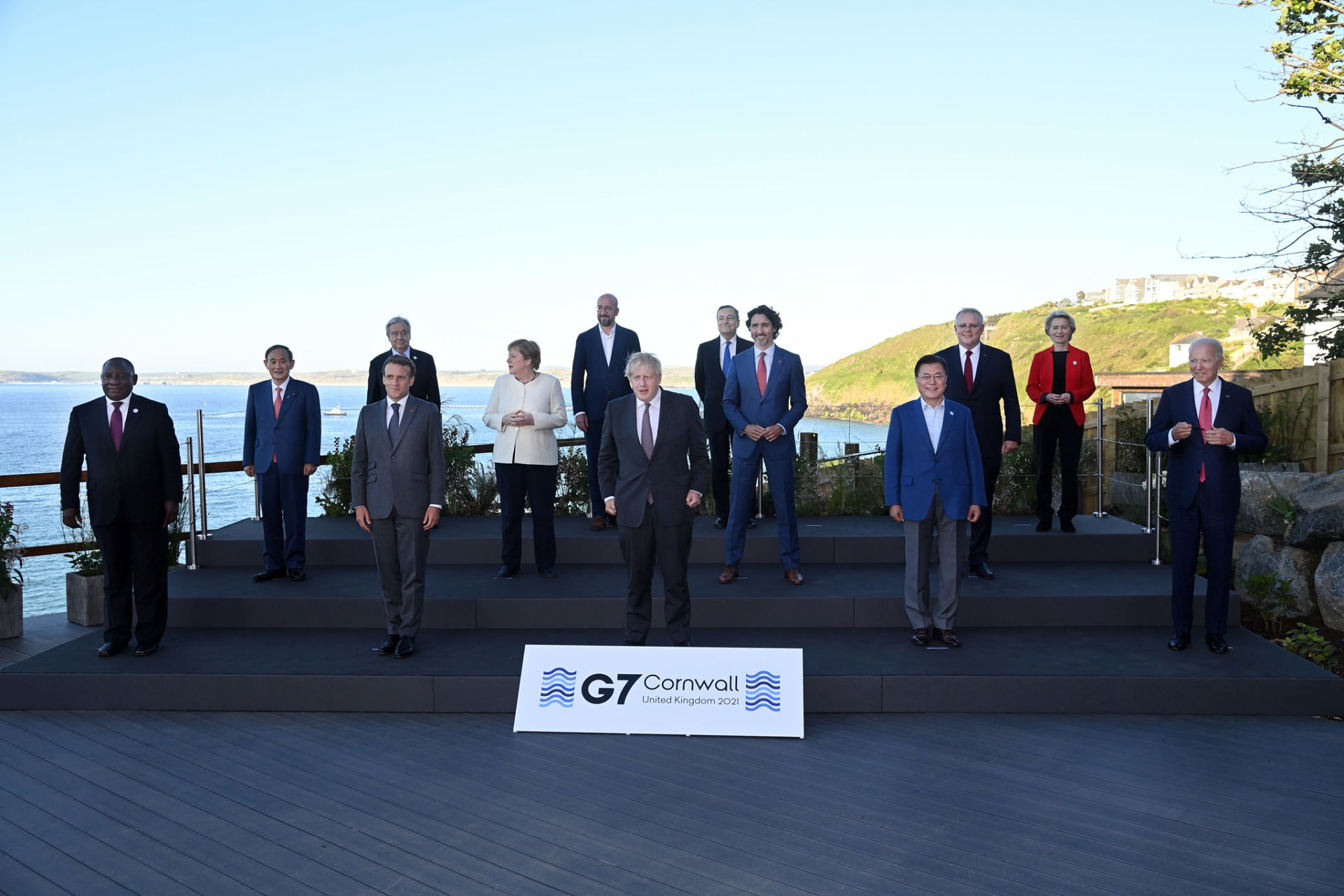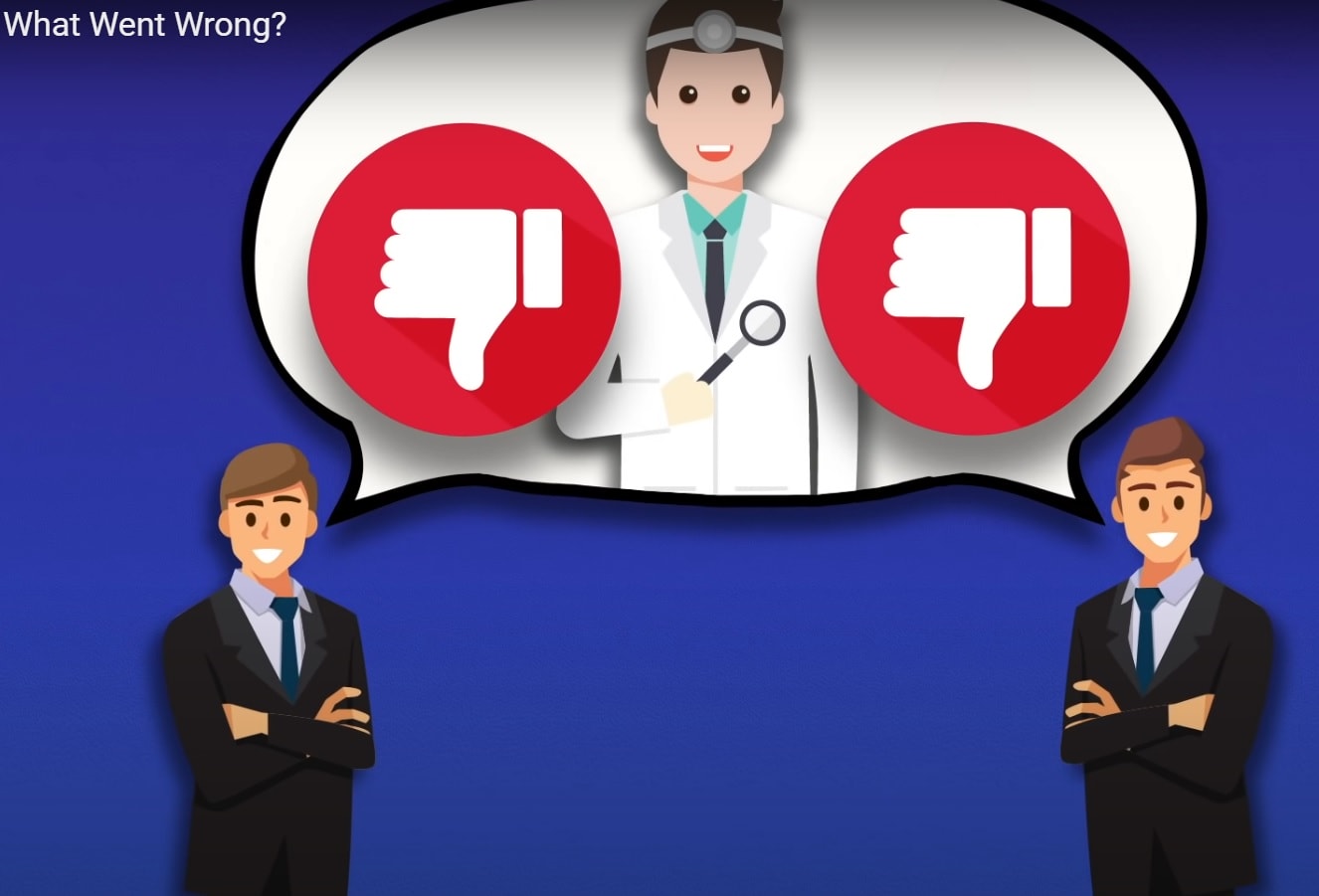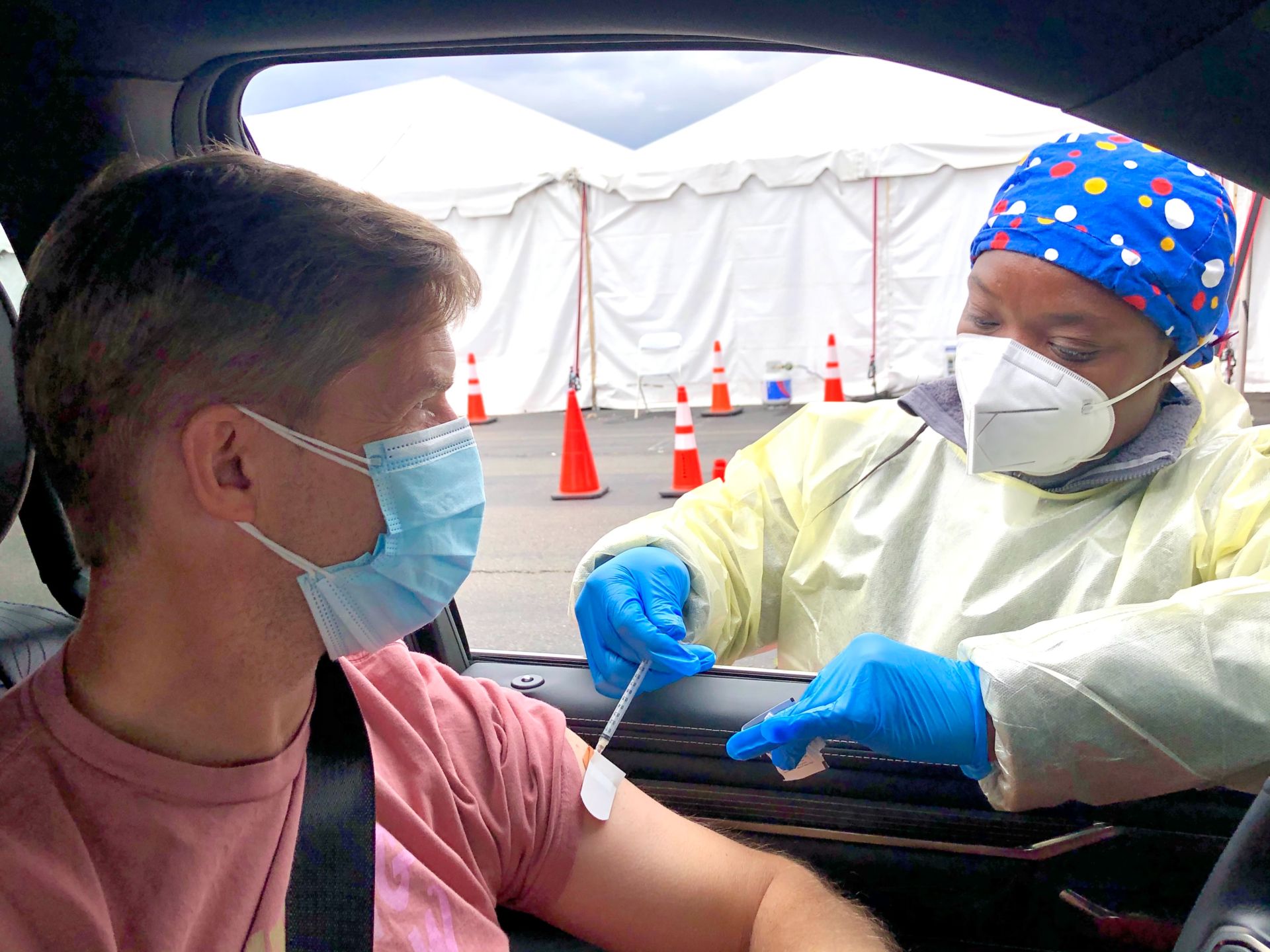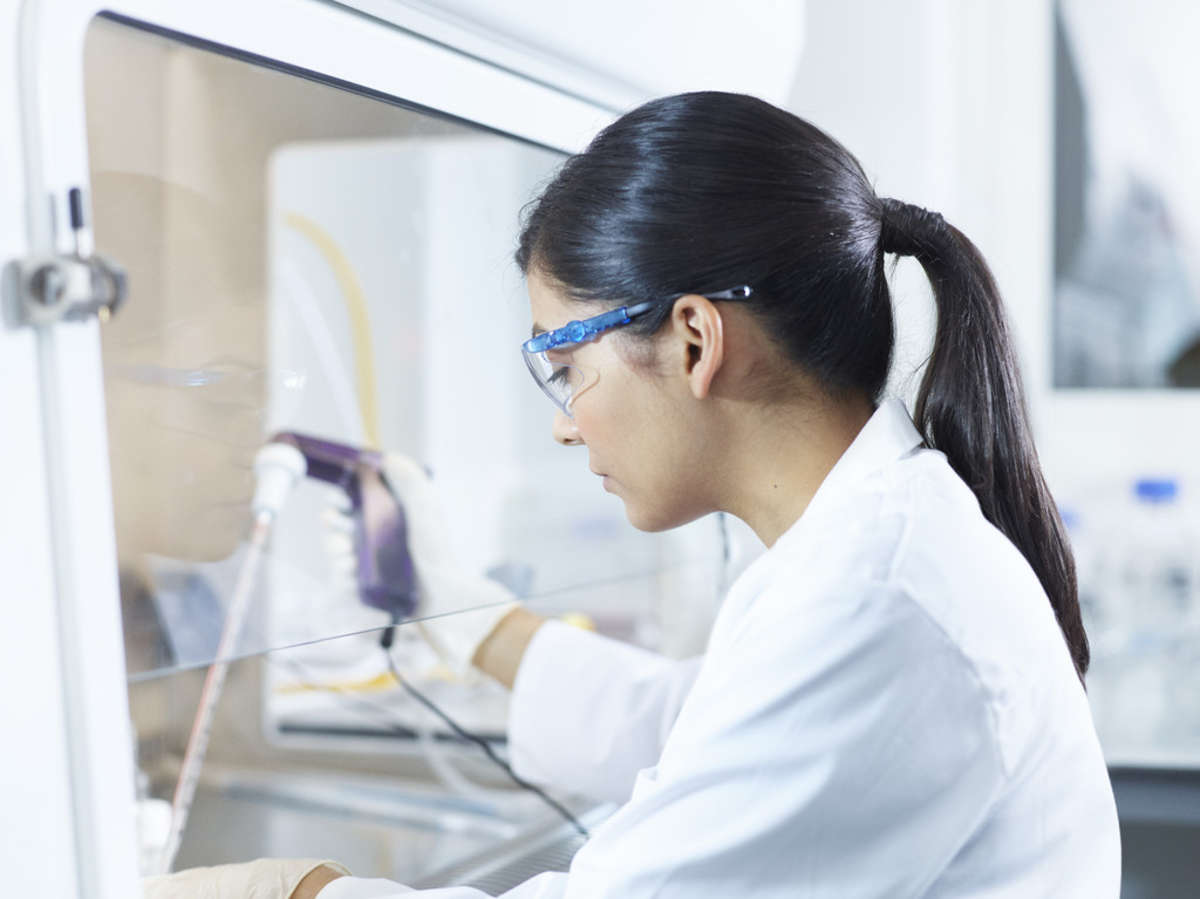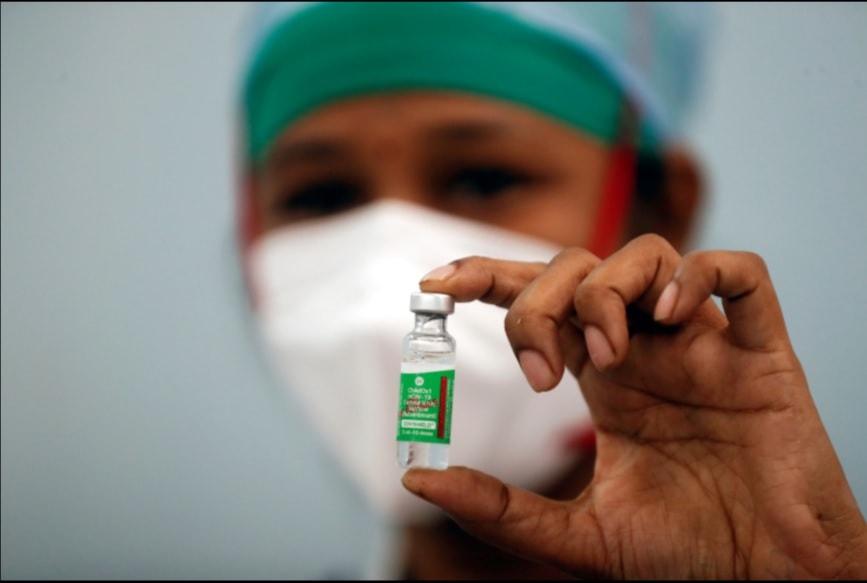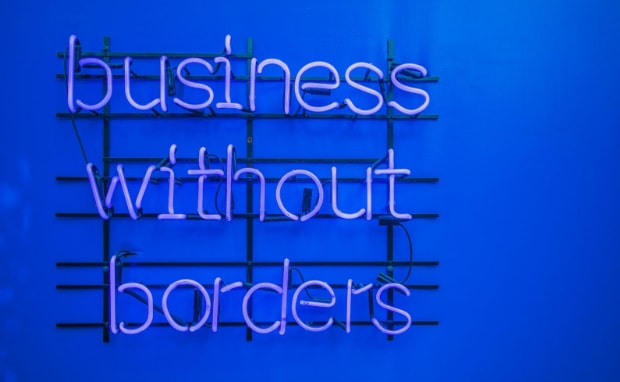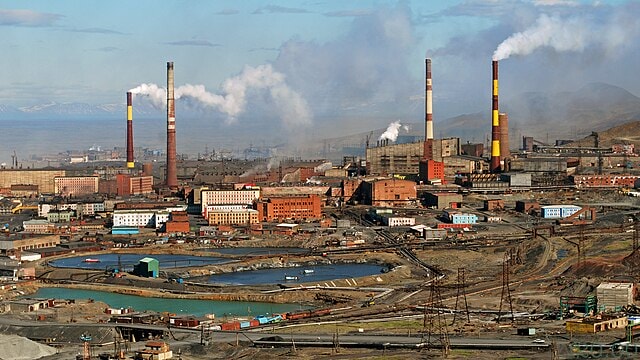This is chapter two in Europe’s COVID Vaccine mess. The first chapter recently reported on here, tried to explain why the continent, in its vaccine rollout, had fallen way behind the U.K, the U.S, while Israel leads the pack with more than half of its population vaccinated. Among various causes for the EU shortages and delays, AstraZeneca, one of its main suppliers of anti-Covid vaccines, has now emerged as a key problem.
The Anglo-Swedish company, with four production factories, two in the U.K, and two on the continent – in Belgium and Holland – is regularly accused of providing all its vaccines to the U.K and none to Europe. This, understandably, rubs a lot of Europeans the wrong way as the U.K. happens to be already well ahead of the continent with half of its adult population having received the first dose of COVID vaccine compared to only 14 % on the continent, with many countries showing a much lower percentage of vaccinated people:
Source: Statista
And now we have another clash in the relationship between the EU and AstraZeneca. The new crisis exploded yesterday after the Italian authorities, in an investigation requested by the European Commission, made the shocking discovery of a stock of 29 million AstraZeneca vaccines apparently “hidden” in the plant of the US company Catalent in Anagni, south of Rome. The drugs were ready to be shipped abroad – to the U.K. in particular, so it was said – even though the Italian government had recently blocked the export of about 250,000 doses to Australia.
To put the news in context: This planned new “export” of COVID vaccines would come on top of the already extraordinary number of vaccines exported by the European Union since February, some 40 million doses. And even more shocking perhaps are some of the countries appearing on this list of exports:
The news of the raid on the AstraZeneca laboratory, given by the newspaper La Stampa, immediately bounced around the world. This forced the new Italian government now led by Prime Minister Mario Draghi, former President of the European Central Bank, to verify the origin and destination of the doses kept in the Italian factory. Draghi explained that the drugs are directed towards Belgium, even though the hypothesis emerged that the final destination was the United Kingdom. AstraZeneca defended itself by announcing, through a spokesperson, that 16 million doses will be distributed in Europe and the remaining 13 will be part of the COVAX international solidarity program.
Also yesterday, the European Commission changed the mechanism for authorizing the export of vaccines, adding two new important criteria to govern the export process (so far only “transparency” had been required). Before a COVID vaccine can be exported, it must be given the green light in terms of “reciprocity” and “proportionality”:
Proportionality refers to a country’s health situation, as well as its vaccination rate and availability of doses. If a company intends to export EU-made doses to a country whose vaccination campaign is far ahead of the continent, like the U.K. or Israel, the request could be refused. The same will apply to countries that have a larger stock of jabs and where the health crisis is less severe.
Reciprocity, as the term implies, means that whatever leaves the EU comes back – at least in some form. Non-EU countries importing vaccines made on the continent must, in turn, send to the EU other doses or, alternatively, raw ingredients needed for their production. The exchange doesn’t have to be perfectly equivalent, EU officials said. Numerous countries don’t have any sort of production capacity to reciprocate.
The topic will also be at the center of the European Council meeting scheduled for today, 25 March, and tomorrow. The European Commission will ask European leaders to support plans for added controls on vaccine exports, which could affect supply to the UK. It is expected that the meeting will be somewhat stormy.
Unsurprisingly, UK Prime Minister Boris Johnson earlier warned against imposing “blockades”. The EU Commission, for its part, said that of the more than 40 million doses exported from the EU over the past two months, a quarter was sent to the UK. A diplomatic way of saying that the U.K. received 10 million doses.
Paradoxically, however, yesterday ended with a glimmer of hope. The EU and the U. K. were reportedly reaching an agreement on the commitment to create the conditions for “a win-win solution” on the supply of COVID vaccines in order to “expand their distribution to all our citizens”. A joint EU-UK statement was issued to that effect, concluding
“We are all facing the same pandemic and the third wave makes cooperation between the EU and UK even more important.”
Let’s hope so. After Brexit, we don’t need anti-COVID vaccine nonsense.
Editor’s Note: The opinions expressed here by Impakter.com contributors are their own, not those of Impakter.com In featured image: Italian police raid on AstraZeneca’s partner Catalent laboratory, Anagni, Italy, 24 March 2021 Source: video grab from New York Post article


